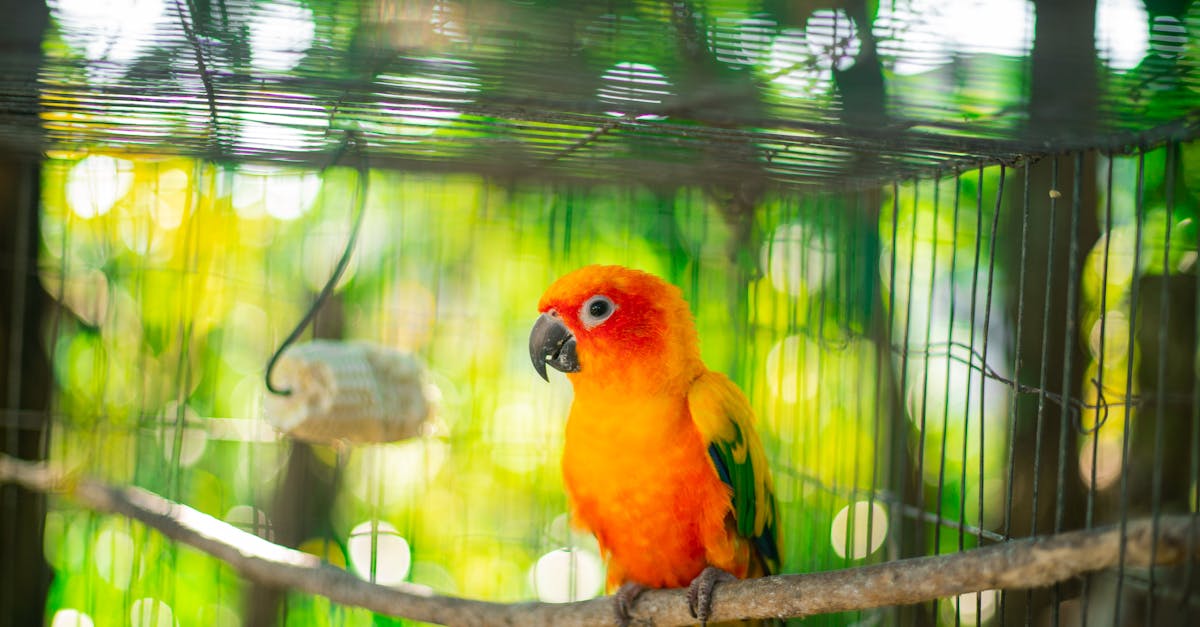While trimming my dog's nails this morning, I accidentally cut one too short and it started bleeding. I’m feeling really bad about it and want to make sure I take care of it properly. What should I do to stop the bleeding, and is there a need to visit the vet if it doesn’t stop quickly?
Accidentally cutting your dog's nail too short can cause bleeding, but it’s a common mishap and can typically be managed at home with the right approach.
- Apply gentle pressure with a clean cloth or tissue to stop the bleeding.
- Use a styptic powder or pencil if available to help clot the blood.
- Keep your dog calm and still to prevent further bleeding or injury.
- If bleeding continues for more than 20 minutes, contact your vet.
Trimming a dog’s nails is important for their health and comfort, and it’s understandable to feel bad when accidents happen. Quick and appropriate action can minimize discomfort and prevent complications. The quick, the vein inside the nail, can bleed if cut, and while the sight of blood can be alarming, it is usually not a serious issue if handled properly.
For more information or if you have any concerns, you can book a vet consultation with us for personalized advice.
Frequently Asked Questions
- What should I do if I don’t have styptic powder?
If you don’t have styptic powder, cornstarch or baking soda can be used as a substitute to help stop the bleeding. - How can I prevent cutting the quick next time?
For your next nail trim, ensure good lighting and trim small bits at a time. If your dog has clear nails, you may be able to see the pink quick. Invest in a high-quality pair of dog nail trimmers for better control. - Is it painful for my dog when the quick is cut?
Yes, cutting the quick can cause pain and sensitivity. It’s akin to cutting your own nail too short and reaching the soft part underneath. This is why being calm and applying a quick remedy is crucial for pet comfort.
The "Ask a Vet" forum on Dial A Vet offers general information and helpful tips on pet health, but it's
not a substitute for professional veterinary care. The advice here doesn't create a veterinarian-client-patient relationship, and our vets can't diagnose or treat your pet remotely.
For emergencies or specific medical concerns, always contact your local veterinarian immediately. Your pet's health is unique, and decisions should only be made after consulting with a qualified professional. By using this forum, you acknowledge these limitations and agree to seek in-person veterinary advice for all your pet's health needs. View our
content guidelines.



%2520(1).png)



.jpg)







